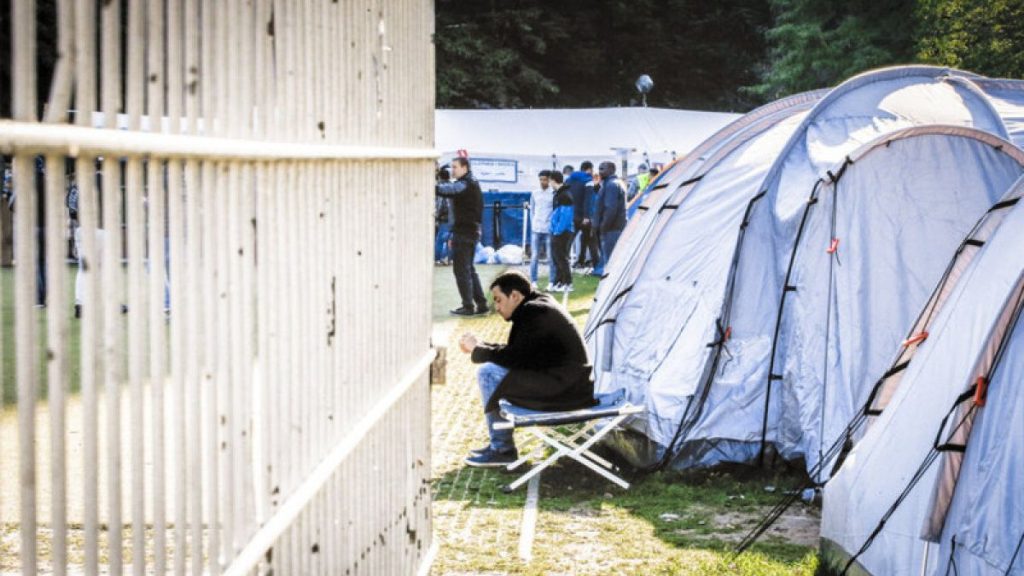A group of right-wing lawmakers in the European Parliament has proposed funding for the construction of “external physical barriers” at the EU border as part of the 2025 budget. This proposal was supported by the European People’s Party (EPP) among others but was ultimately voted down. The resolution sparked backlash from centrists and socialists in the Parliament who accused the EPP of seeking alternative majorities by aligning with far-right groups. The controversy surrounding this proposal has highlighted divisions within the Parliament and threatens to undermine support for European Commission President Ursula von der Leyen.
The amendment calling for funding for physical barriers at the Union border gained support from a significant number of Members of the European Parliament (MEPs), including far-right groups such as Patriots for Europe, the European Conservatives and Reformists, and the Europe of Sovereign Nations (ESN) group. Most members of the EPP, the largest group in the Parliament, also backed the amendment. However, the resolution as a whole was voted down, leading to criticism from other groups in the majority coalition that supports Ursula von der Leyen. The EPP’s decision to align with far-right groups has raised concerns about the integrity of the coalition and its ability to work together on key issues such as the budget.
The backlash against the EPP’s vote with far-right groups came from centrists in Renew Europe, who expressed concern that the EPP was abandoning the majority coalition that supports Ursula von der Leyen. Fabienne Keller, a rapporteur for the Asylum Procedure Regulation, one of the key files of the Pact on Migration and Asylum, described the EPP’s actions as “very serious.” The controversy surrounding the vote highlights the challenges of navigating political alliances in the European Parliament and the potential impact on important decisions such as the budget for the upcoming year.
The EPP’s decision to support funding for external physical barriers at the EU border has raised questions about the party’s commitment to cooperation within the Parliament. The EPP did not immediately respond to requests for comment on their vote with the far-right groups. However, the party’s press release celebrated the increase in funding for the Border Management and Visa Instrument. The EPP’s actions have underscored the political tensions within the Parliament and have led to concerns about the future of the coalition supporting Ursula von der Leyen as Commission president.
The controversy over the funding for physical barriers at the EU border reflects broader debates within the European Parliament about immigration, security, and border control. The proposal to construct external physical barriers has divided lawmakers along ideological lines, with right-wing groups supporting the measure and centrists and socialists opposing it. The debate over the resolution attached to the EU budget for 2025 has highlighted the challenges of finding consensus on critical issues that impact the future of the European Union.
Overall, the proposal to fund external physical barriers at the EU border has sparked controversy within the European Parliament and raised concerns about political alliances and cooperation within the institution. The vote by right-wing lawmakers, including members of the EPP, to support the funding for physical barriers has created divisions within the Parliament and threatened the unity of the majority coalition. The fallout from this decision underscores the challenges of navigating political differences and finding common ground on key issues such as the EU budget.


